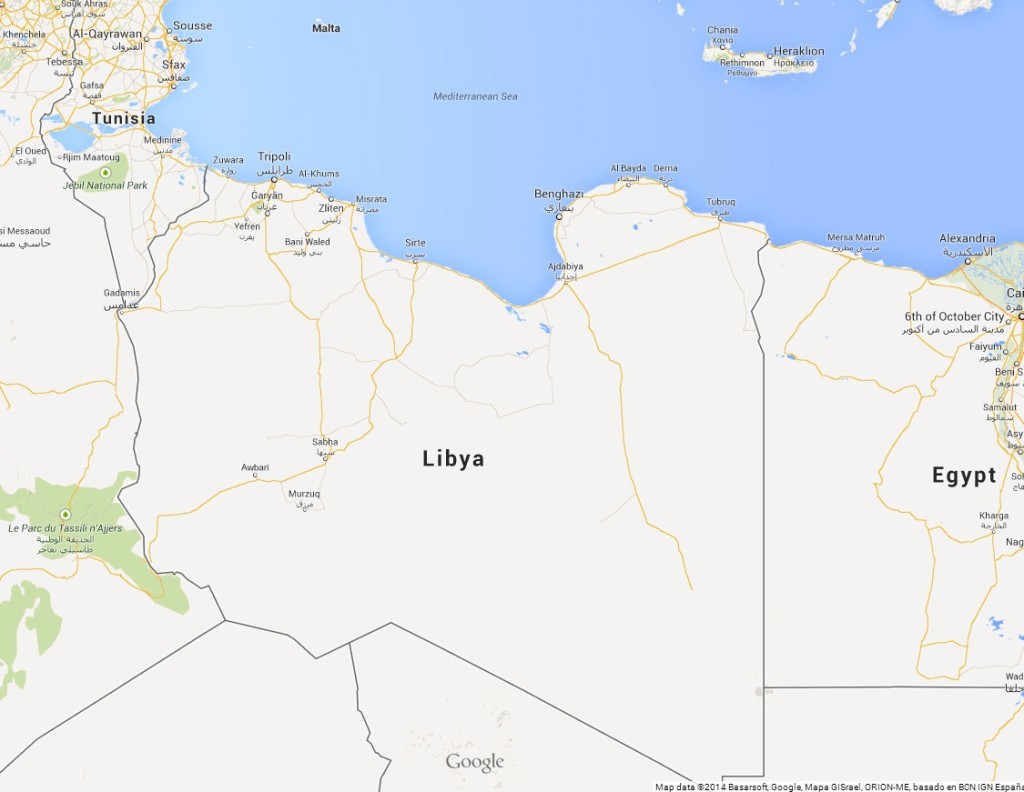
Libyan Petroleum Facilities Guard (PFG) commander Ibrahim Jathran said on Monday he was ready to end a blockade at key oil terminals.
But the UN-backed government still needs to sign an agreement for exports to resume.
The PFG has been demanding payment of workers’ wages as part of any deal to end the blockade of Ras Lanuf, Es Sider and Zueitina.
Details of the negotiations have not been made public.
A deal was thrown into doubt when the head of Libya’s National Oil Corporation (NOC) in Tripoli, Mustafa Sanalla, wrote to the UN Libya envoy on Friday saying that it would set a “terrible precedent” to make payments to Jathran, who he blamed for the loss of some $100 billion in export revenue.
The NOC has expressed concerns that Jathran’s demands have exceeded salary needs.
Sanalla said the NOC would not lift force majeure at export terminals if a payout went through due to the risk that the corporation would face liabilities over losses stemming from the blockade.
Jathran dismissed Sanalla’s letter, saying it was “not worth the ink it was written with” and that it “neither advances nor delays” an agreement to resume exports between the PFG and the U.N.-backed government’s Presidential Council.
The PFG was in the “highest state of readiness” to resume exports, he said. “The ball is now in the Presidential Council’s court, it only has to come to Ras Lanuf to sign the agreement for exports to start.”
The PFG was created as a national force to guard Libya’s oil facilities. It is now internally divided, and Jathran’s powerful unit, based in Libya’s Oil Crescent region, has acted largely independently, switching political allegiances in recent years.